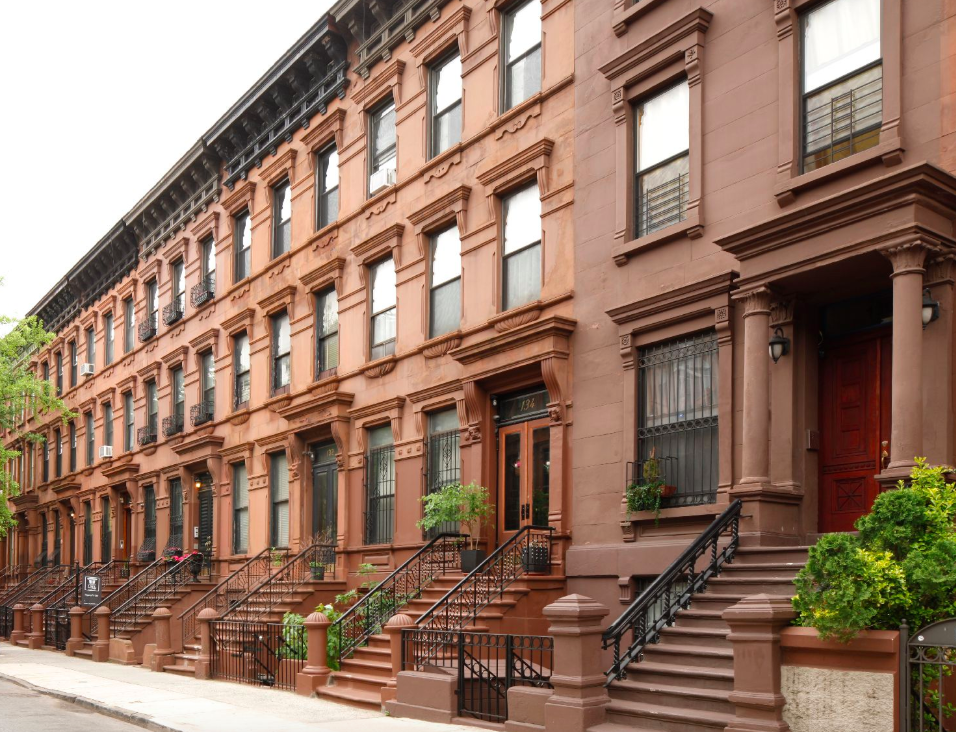When I would travel across the states, I would not question the Air bnb’s that my family would rent out. Sure we were tourists of the area, but I initially thought that it was a mutually beneficial exchange between the owner of the property and us, the consumers. I did not think of the entire industry supporting this type of tourism, and the repercussions which it came with for the area.
I did not account for my financial agency of traveling as contributing to altering the narrative of marginalized neighborhood in a negative way. In places such as Harlem, low income housing is being pushed aside for short term rentals targeting tourists coming into the area. The innocent exchange between property owner and consumer ends up having a detrimental effect on the ability for marginalized groups within these desired areas to continue their lives. The low costs of renting the apartment for a couple of days comes at the price of making the neighborhood catered towards these tourists, excluding the original residents. Businesses will alter their prices and services to these tourists, ultimately having Air bnb acting as a catalyst to gentrify a neighborhood.

The negative effects of Air Bnb’s in major metropolitan areas has gotten to the point that city governments are increasingly implementing restrictive policies on these rentals. In New York City, the government has made it illegal to rent out whole apartments for less than thirty days. Other cities such as Amsterdam have capped the number of days a property is able to be rented out for a year to 30.
Neighborhood friendly alternatives, such as Fairbnb based in Italy, are trying to incorporate these rental properties without harming the local residents. Their policy is to have half of the profits be invested into the neighborhood, through means like community gardens and and non profit food initiatives. Air Bnb should take notes from alternatives such as Fairbnb, especially if they are looking to establish a healthy relationship between renters and local residents.
Sources :
https://www.vice.com/en_us/article/vbx588/airbnbs-gentrification-problem-podcast


This post reminded me of the authenticity competition between hotels and AirBnB. I think in many ways it has helped exacerbate the issues you talk about in your post. A huge perk of AirBnB is that it markets itself as the “authentic experience.” Being able to rent a house or apartment while visiting a region allows for a much more immersive experience which many would label as “authentic.” Compared to an impersonal hotel room, AirBnB seems much more original and real.
The authenticity competition between hotels and AirBnB’s has resulted in a harmful essentializing and branding of local culture. Hotel chains like the Graduate are designing rooms that feature local art, celebrities, and other cultural references but in very inorganic and often laughable ways. This branding of culture brings up some troubling questions about what constitutes an authentic experience and whether tourism as it stands today is really a good thing.
In direct response to your article, it seems AirBnB has catalyzed the branding of city culture allowing outsiders to consume but not contribute to the communities they occupy. I wasn’t aware of FairBnB but it seems like an excellent way of dealing with this problem!